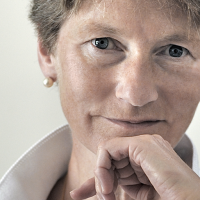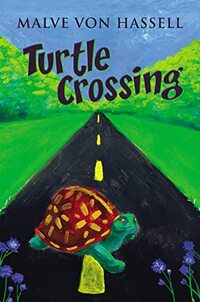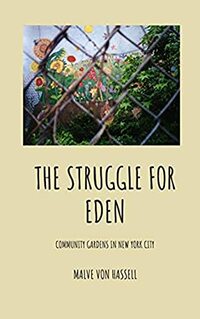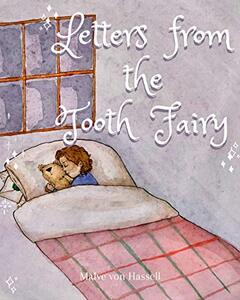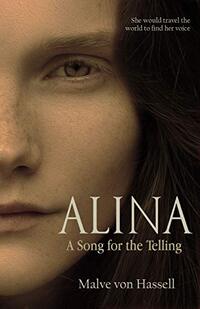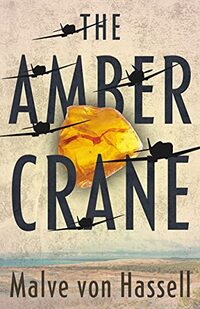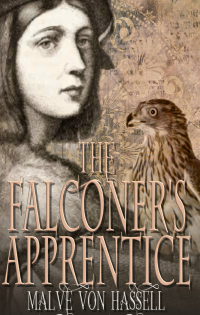Malve Von Hassell Interview Published on: 30, Apr 2021
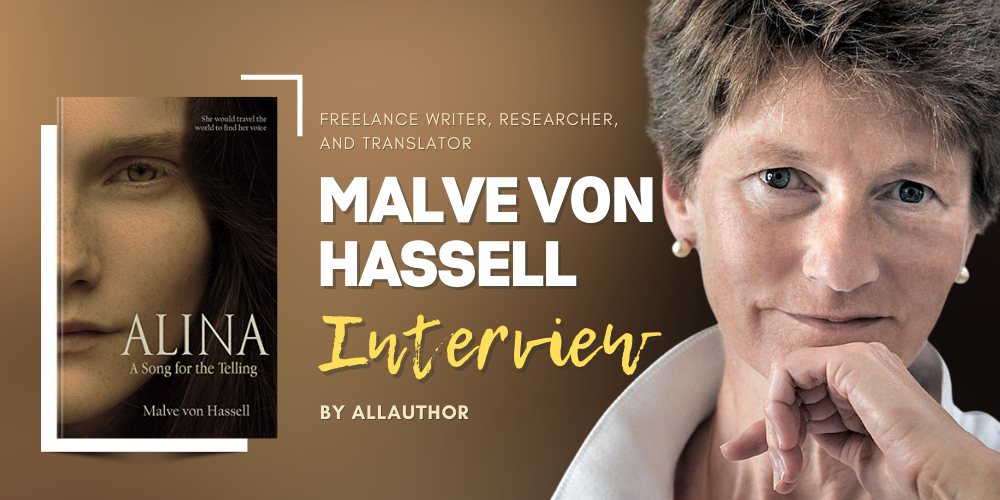 Which is your favorite childhood memory?
Which is your favorite childhood memory?
When I was four, we lived in a convoluted three-story Victorian house in Brussels, Belgium. To this day I remember the old-fashioned kitchen in the Victorian house in Brussels where my brothers and I helped my mother bake Christmas cookies. The kitchen was warm, filled with scents of yeast and butter being creamed in a bowl. My mother made us wear little paper chef hats. I was the youngest of three children. My mother handed me a small bowl filled with flour and a fork. “This needs to be stirred,” she said. I sat on the floor with the bowl between my legs and stirred. Every now and then my mother would look at the bowl and say sternly, “keep stirring.” I was delirious with pride.
Which of your childhood dreams was the first to die?When I was about ten, I had a detailed and vivid plan to rescue a horse and to ride across Europe, with a sleeping bag tied behind my saddle, until I reached the Hungarian Puszta where I intended to live in a tent and eat dried strips of meat. I must confess that at some level this dream never died. I am still dreaming of riding on horseback across an endless plain, sleeping under the stars, and traveling light.
What is the earliest experience you had with books/writing that you remember?In sixth grade in Germany, we were given an assignment to write about something set in medieval times. I invented a story about an abbot in a monastery who came upon a group of misbehaving monks. I remember how I delighted in the details of the story—the wine produced by the monks, the cloister garden with its espaliered fruit trees lining the enclosing walls, and the beehives. It gave me a first taste of the exquisite joy of creating a world with my words.
When did you decide to write your YA book The Falconer’s Apprentice?I have always loved reading about falcons and the rich and intricate history of falconry. The Falconer’s Apprentice was my first attempt at historical fiction for young readers. I wanted to provide them with an introduction into the 13 th century with its politics, intrigues, and power struggles but also its architecture, surprisingly international culture, and vibrant poetry.
What is the best age to write your first book?That question makes me smile. I think any age is a good age to write when you have a story to tell.
If you ever get writer’s block, where do you go to overcome it, or what activities help you overcome it?Isn’t writer’s block simply another form of procrastination? I am very good at that, I might add, finding countless ways to avoid actually writing. What helps? Taking regular walks, cleaning my office, arranging my desk—all these provide a break and a blank space within which I can begin to focus. It also helps to remember that every sentence you write has to be edited and edited again anyway. That removes some of the burden. It does not have to be perfect immediately. Everything is a work in progress. The best advice I ever got for overcoming writer’s block is to leave something unedited at the end of the day so that when you start again, you can begin with something relatively manageable and then work from there to more challenging tasks—writing a new sentence, a new paragraph, a new chapter.
What is the most valuable lesson you have learned while being a member of the Society of Children’s Book Writers and Illustrators?I learned how important it is to learn about the struggles of other writers and to ask others for advice. A finished book is not born in a vacuum. It is the product of many who provide input, criticism, encouragement, or perhaps just a quick “like.” SCBWI provides a lot of practical information, but most of all it keeps you company. You are never quite alone.
What do you enjoy the most about traveling?Aside from coming home? My favorite moments, the ones I remember the most, are those where something unexpected happens and I find myself in a situation I had not planned or foreseen. Those instances—getting lost in a town in Japan and receiving help from a tiny, bent over old lady with a beaming smile all over her wrinkled face, or being served an impromptu meal on top of a mountain in Umbria, Italy that was delivered in the trunk load of a little Fiat, complete with single servings of espresso for everyone in our riding group, or coming upon an unexpected pocket park with a waterfall in the back in the middle of New York City—those moments make travel worthwhile.
What is your ideal setting to write in?My office, filled with my books, quiet and peaceful.
How did a translator and college professor with a career of over twenty years decide to start writing books?I had been working as an anthropologist and translator for many years when I decided that the time had come to try my hand at fiction writing. Both translation and anthropology call for writing and offer countless instances of the joy of working with language, but as a translator I must work with the words and phrases given to me, and as an anthropologist, my writing has been academic and focused on seeking to portray what is. Fiction also conveys truths about life and what it is to be human but through different means than scholarly texts, rather through the medium of imagined worlds and individuals.
Which is the next book you are writing? Give us an insight into it.I have begun the research and planning work for a historical fiction trilogy. It is set in the 11 th century, and the main historical character whose life I want to portray is Adela of Normandy, the daughter of William the Conqueror and the mother of King Stephen of England. She was a formidable woman who ran her husband’s estate for many years during his absences while on crusade. She was a powerful woman who influenced the affairs of many individuals in Normandy and in England. She also was known for her charity and piety. Many characterizations of women do not move beyond their youth or early adult years. I would like to provide a fuller portrayal that looks the totality of a woman’s life, one that does not end with her marriage or even her middle age. Adela continued to exert her power and influence even after she retired to a cloister seventeen years prior to her death.
When did you first come across the AllAuthor website and what were your expectations coming in? What are your thoughts now?Frankly, my expectations were low. Book marketing is a confounding and frustrating experience, and it is easy to get lost amidst a bewildering number of sites that claim to be ideal for authors. Now, almost a year later as a member of All Author, I am happy to report that this is one of the best sites around. It is transparent and offers many different tools for drawing attention to one’s books. It also provides a forum for interacting with other writers. The staff of All Authors with whom I have been in contact are responsive and helpful. It is a pleasure.
Share Malve von Hassell's interview
Malve von Hassell wrote her first story about an abbot in a monastery who came upon a group of misbehaving monks in the sixth grade. She had been working as an anthropologist and translator for many years when she decided that the time had come to try her hand at fiction writing. Author and translator, Malve has self-published a children’s picture book, Letters from the Tooth Fairy, and her translation and annotation of a German children’s classic. Currently, she is working on a biographical work about a woman coming of age in Nazi Germany.
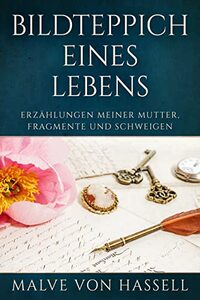 Bildteppich Eines Lebens: Erzählungen Meiner Mutter, Fragmente Und Schweigen (German Edition)
Genre: Biographies & Memoirs
Bildteppich Eines Lebens: Erzählungen Meiner Mutter, Fragmente Und Schweigen (German Edition)
Genre: Biographies & Memoirs
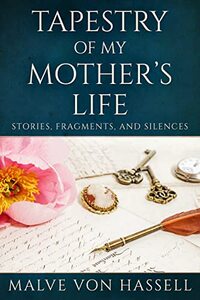 Tapestry Of My Mother's Life: Stories, Fragments, And Silences
Genre: Biographies & Memoirs, History
Tapestry Of My Mother's Life: Stories, Fragments, And Silences
Genre: Biographies & Memoirs, History
